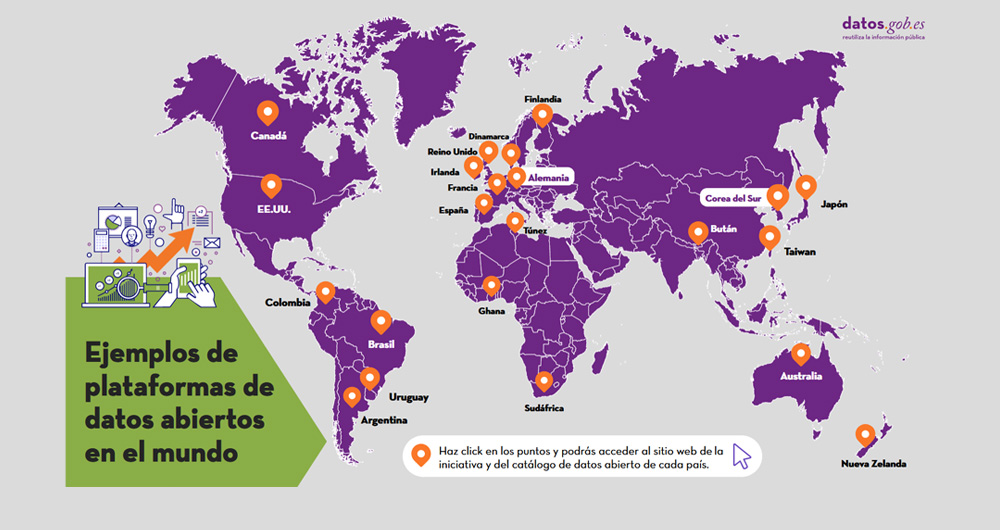10 posts found
Altruistic projects to create AI models in co-official languages
Artificial intelligence (AI) assistants are already part of our daily lives: we ask them the time, how to get to a certain place or we ask them to play our favorite song. And although AI, in the future, may offer us infinite functionalities, we must not forget that linguistic diversity is still a pe…
Federated machine learning: generating value from shared data while maintaining privacy
Data is a fundamental resource for improving our quality of life because it enables better decision-making processes to create personalised products and services, both in the public and private sectors. In contexts such as health, mobility, energy or education, the use of data facilitates more effic…
ALIA and foundational models What are they and why are they key to the future of AI?
The enormous acceleration of innovation in artificial intelligence (AI) in recent years has largely revolved around the development of so-called "foundational models". Also known as Large [X] Models (Large [X] Models or LxM), Foundation Models, as defined by the Center for Research on Foundation Mod…
The unique relevance of interoperability in the Data Regulation(Data Act)
One of the main objectives of Regulation (EU) of the European Parliament and of the Council of 13 December 2023 on harmonised rules for fair access to and use of data (Data Regulation) is to promote the development of interoperability criteria for data spaces, data processing services and smart cont…
The obligation to provide data to public bodies in exceptional situations in the Data Regulations (Data Act)
The recent Regulation (EU) 2023/2854 of the European Parliament and of the Council of 13 December 2023 on harmonised rules for fair access to and use of data (Data Act) introduces important new developments in European legislation to facilitate access to data generated by connected products and rela…
User access to data from connected products and related services in the new European Data Regulation ( Data Act)
The adoption of the Regulation (EU) of the European Parliament and of the Council of 13 December 2023 on harmonised rules for fair access to and use of data (Data Law) is an important step forward in the regulation of the European Union to facilitate data accessibility. This is an initiative already…
Challenges and uncertainties for the deployment of the Data Economy in Europe
Four years after the publication of the European Commission's Communication 'A Data Strategy', the European Commission has published a Communication on the European Commission's 'Data Strategy'A Data Strategy' (February 2020) (February 2020) - setting out the broad outlines of the broad outlines of…
European data regulation faces the challenge of a harmonized application that will boost data sharing
Two of the European Union's most relevant data regulations will soon articulate the legal contours that will delineate the development of the data economy in the coming years. The Data Governance Act (DGA) has been fully applicable since September 24, 2023, while the wording of the Data Act (DA) was…
Data activism: an increasingly relevant practice in the age of platforms
Data activism is an increasingly significant citizen practice in the platform era for its growing contribution to democracy, social justice and rights. It is an activism that uses data and data analysis to generate evidence and visualisations with the aim of revealing injustices, improving peop…
Trends in open data around the world
In view of the series of current and future trends around the future of open data indicated in our report, we wanted to check to what extent these - or similar - trends are already present in the global open data community. To this end, we have verified the current activities and future plans of sev…









